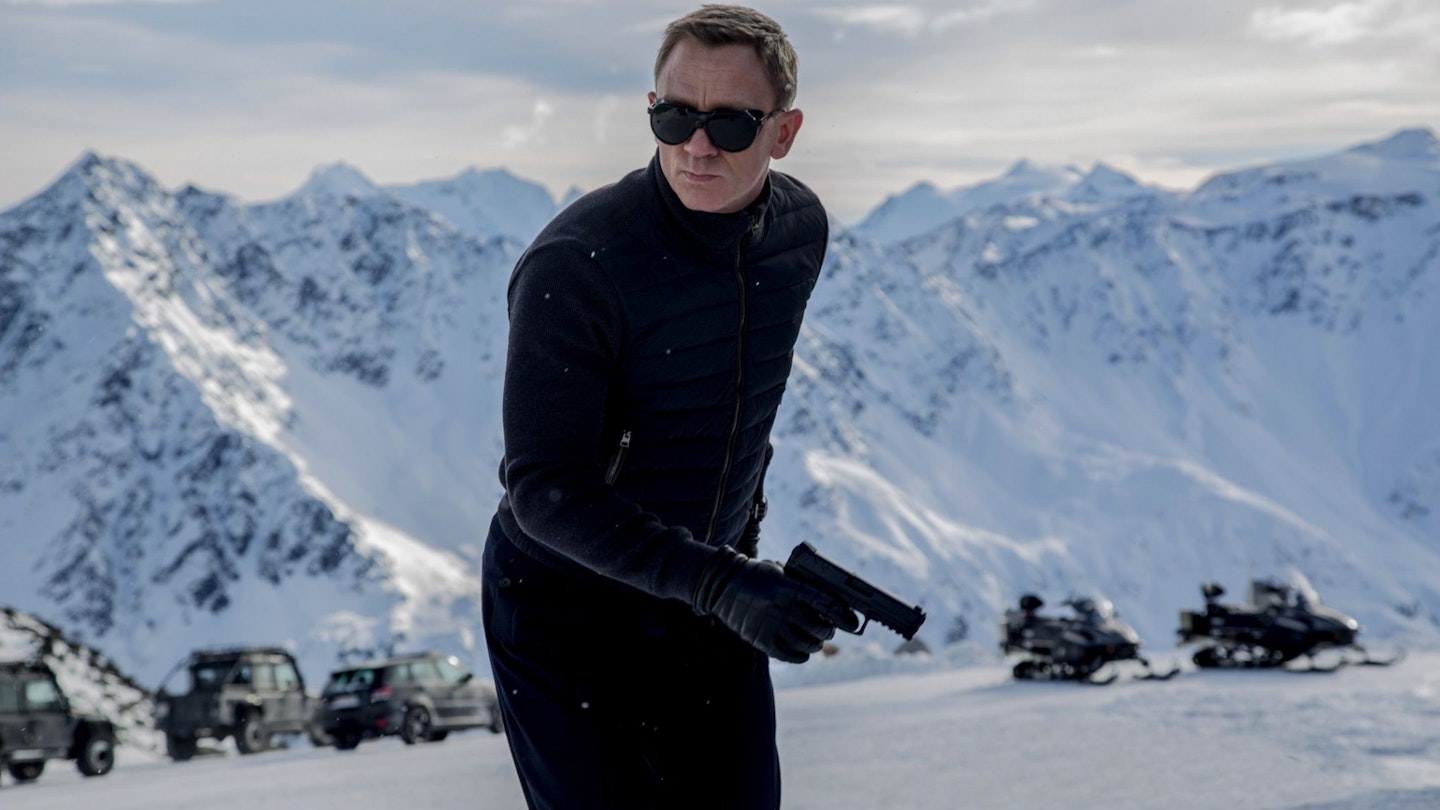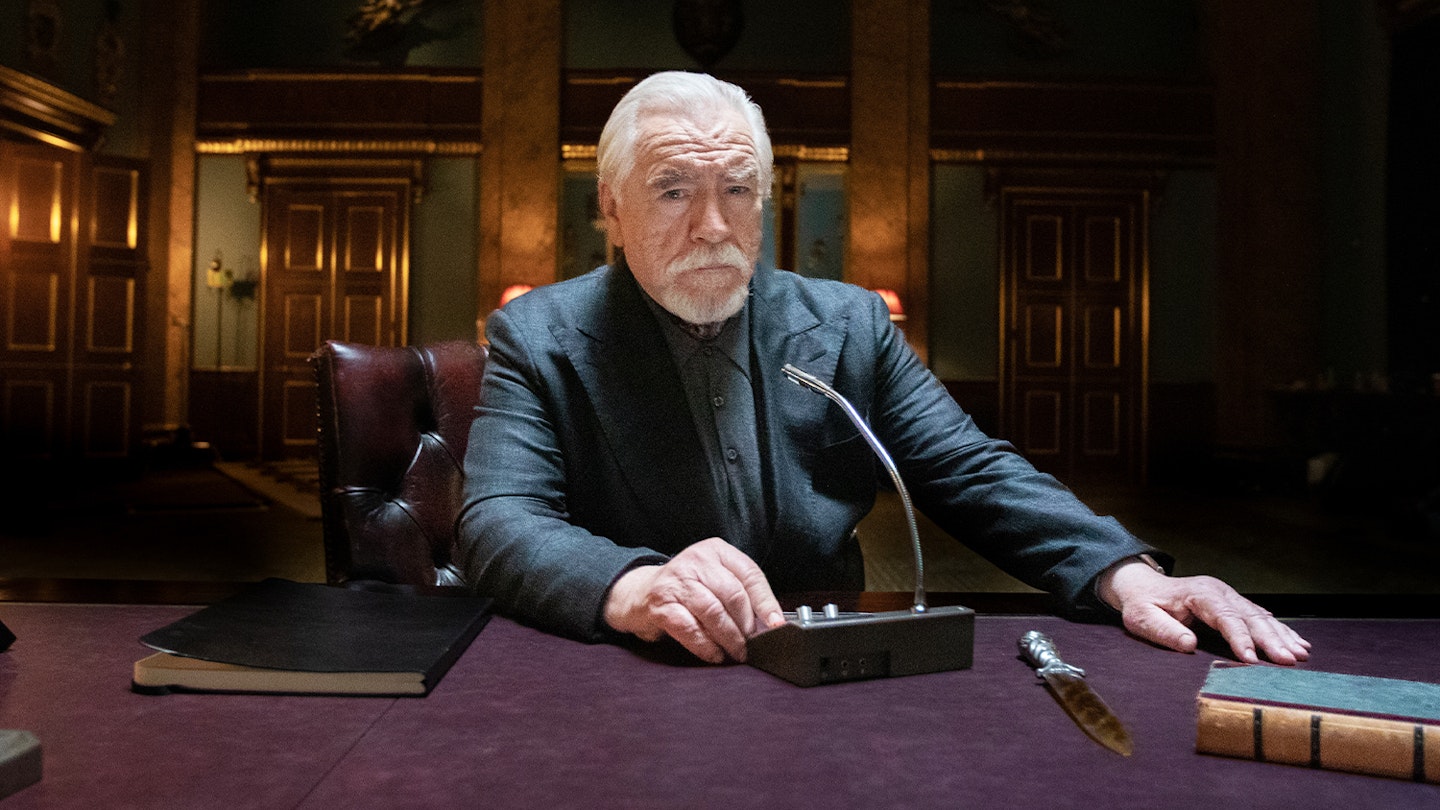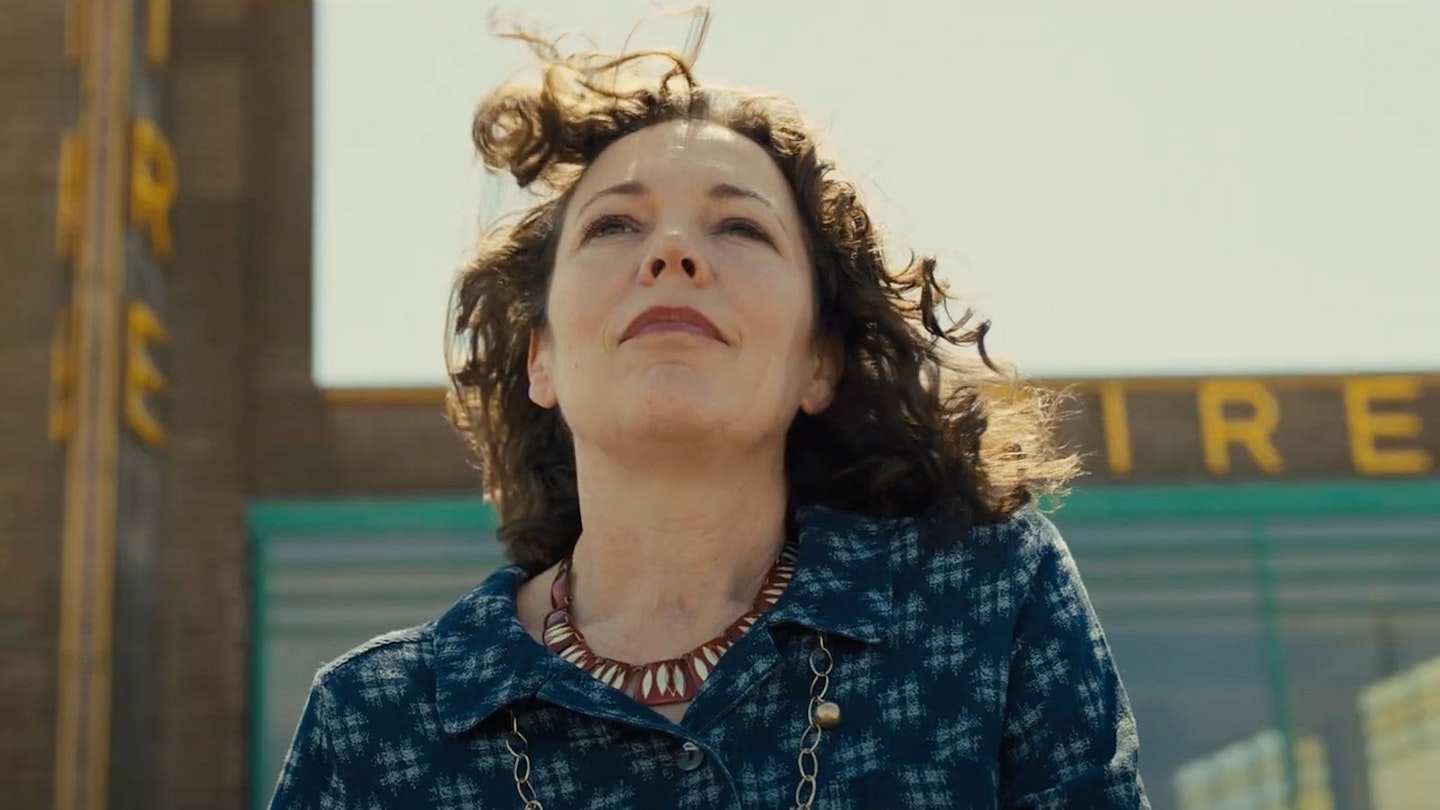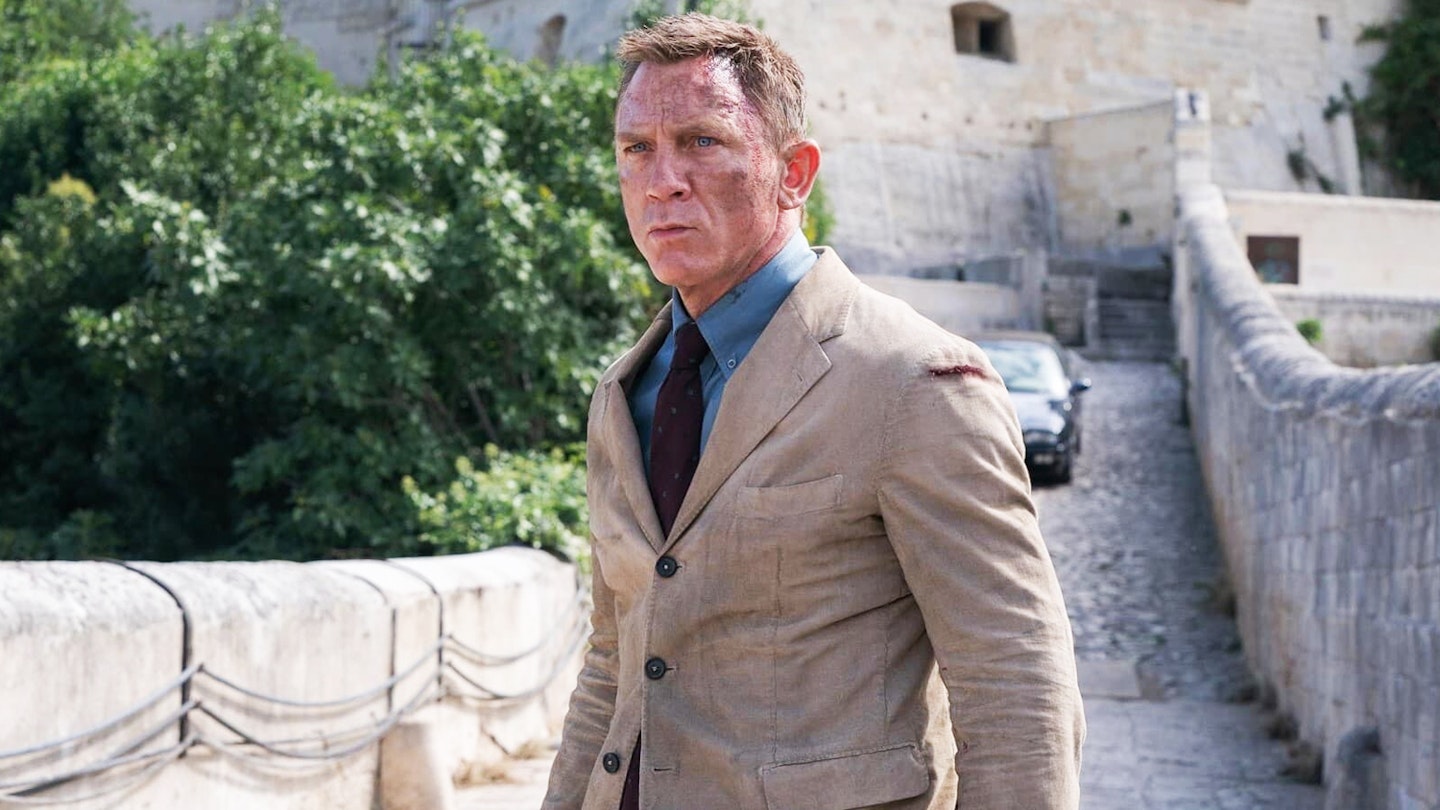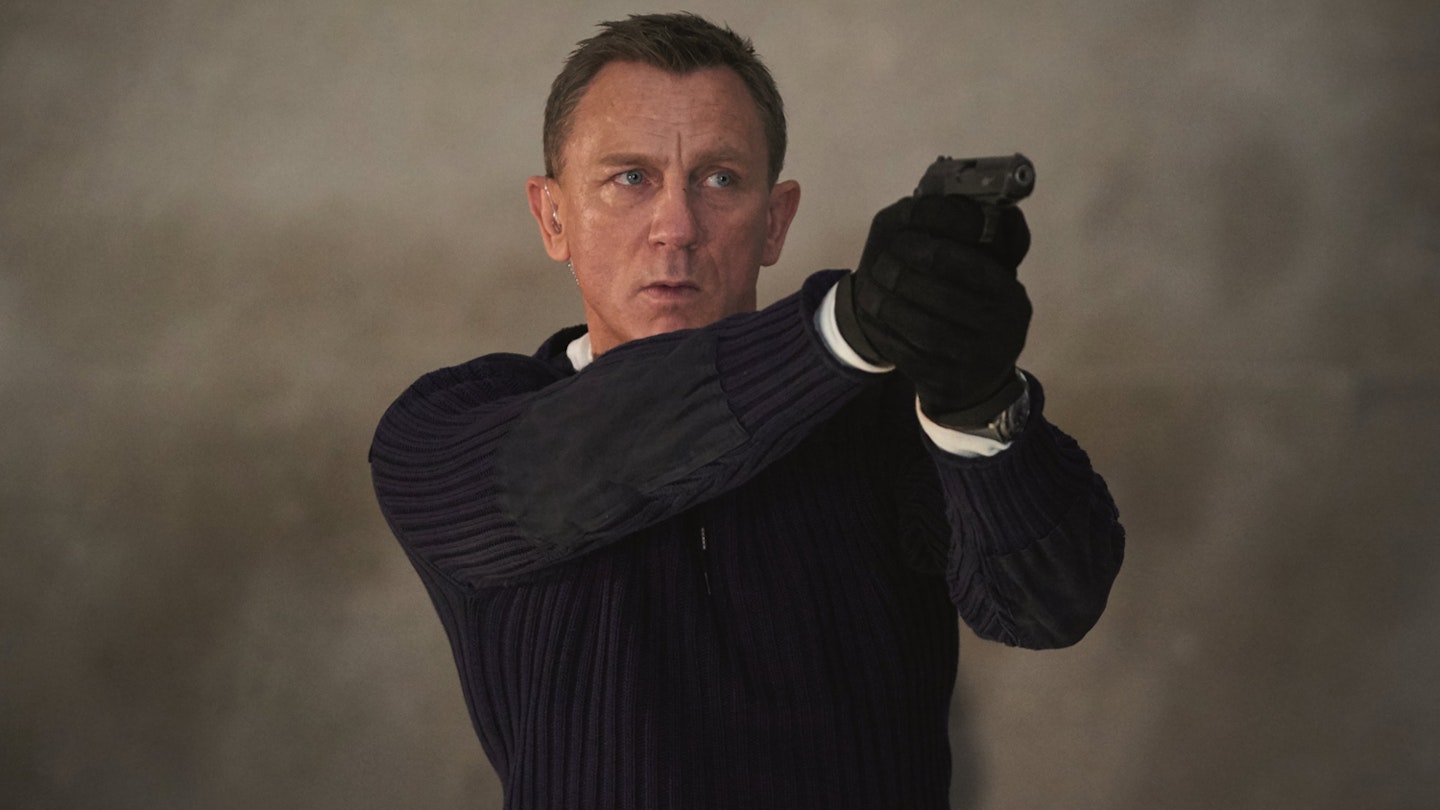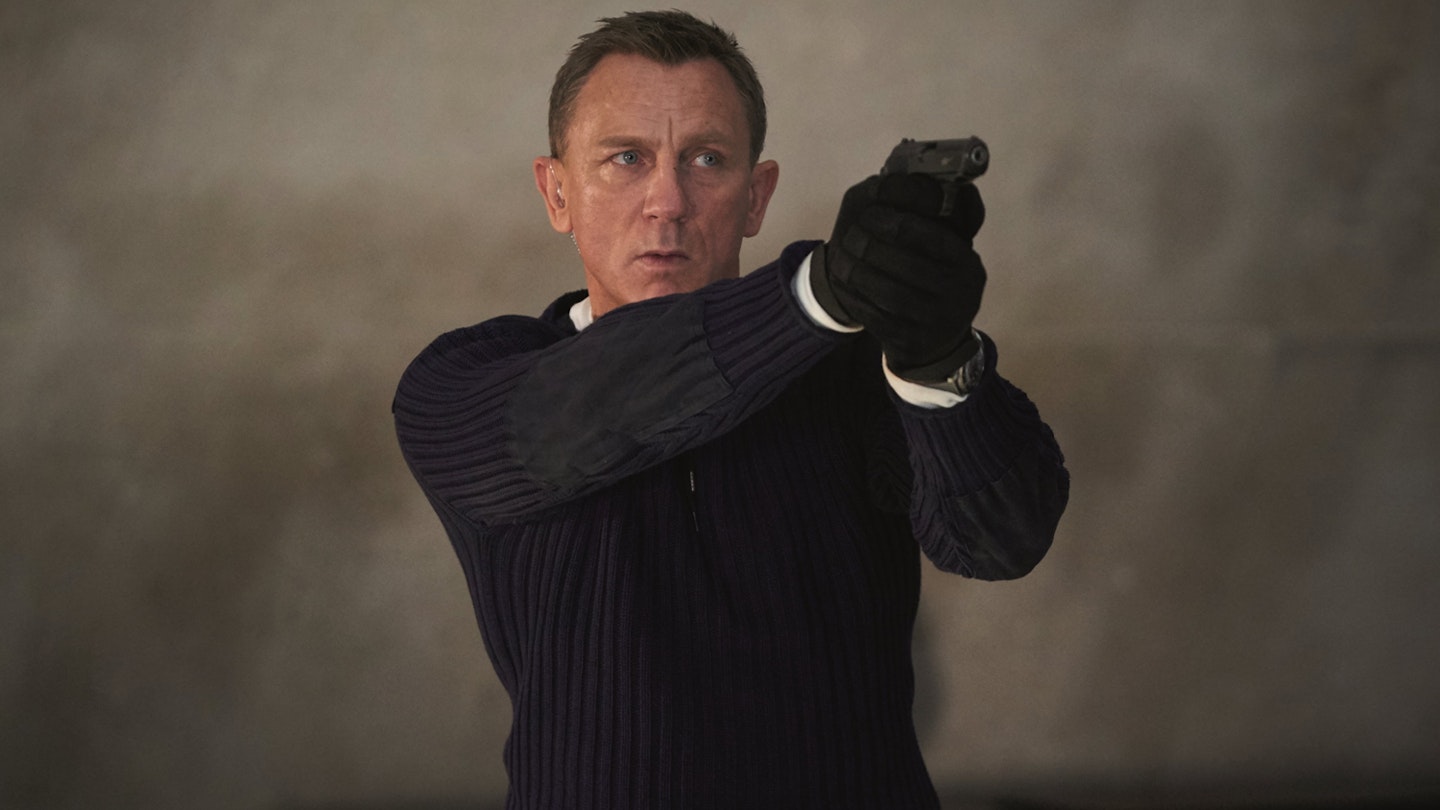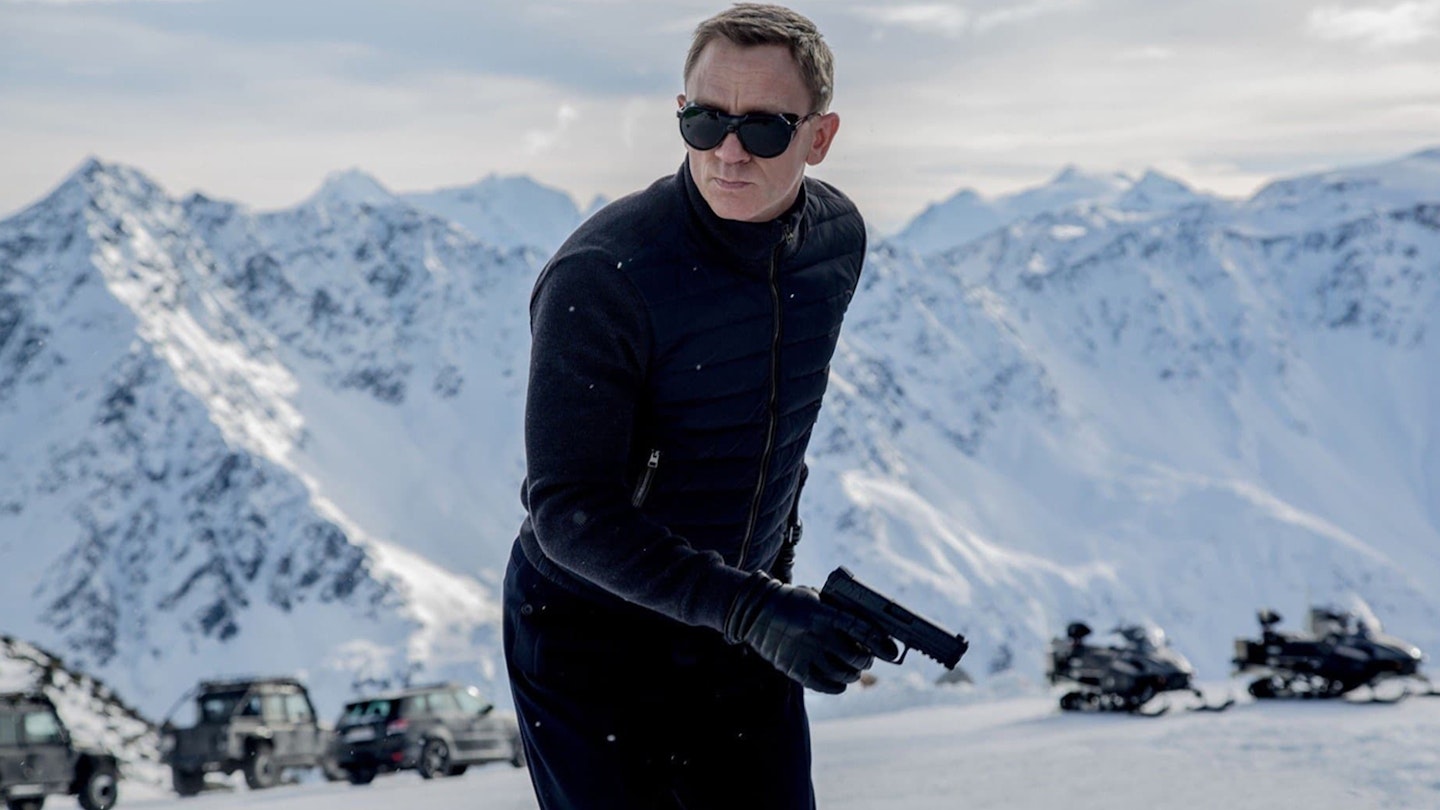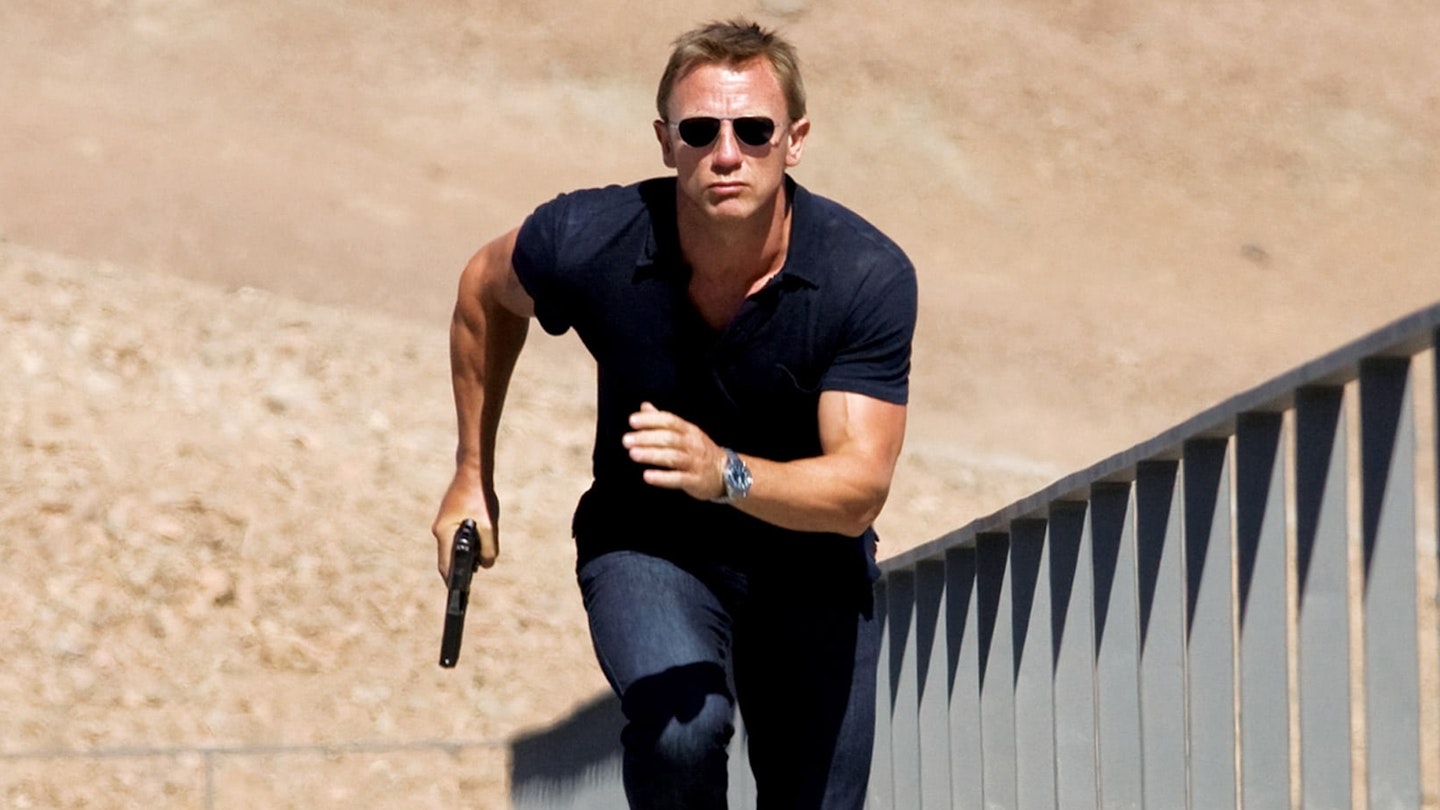Having handled Skyfall, the 50th anniversary entry in the 007 series, Sam Mendes is back for Spectre, a direct sequel to the earlier film — a vital clue is found in the burned-out ruins of Skyfall, Bond’s childhood home — which also picks up story threads (and the odd character) from Casino Royale and Quantum Of Solace and retcons Daniel Craig’s run as James Bond into one slightly wonky super-saga. Since it’s part of the Bond remit to evoke the franchise’s past, this does for Craig what You Only Live Twice did for Sean Connery, down to the welcome return of the evil white cat stroked by the head of Spectre throughout the 1960s.
After three films more rooted in real-world worries than Pierce Brosnan’s mostly fantastical vehicles, Spectre relaxes a little (even if it debates the ethics of surveillance and the relevance of licensed-to-kill boots on the ground in an age of drones). Craig doesn’t get Connery-Moore quips, but allows much more wry humour to sneak into his hardman-in-a-suit hero. When a beautiful woman mentions that the astonishing scenery (and art direction) of her mountaintop clinic can be a distraction, Craig’s smooth throwaway as he focuses intently on her (“Really? I hadn’t noticed”) is typical of the kind of laugh only he can get. Roger Moore would have arched an eyebrow, but Craig is funny because he doesn’t wink at the audience — but can also turn off the charm when it’s time to throw someone through a window.
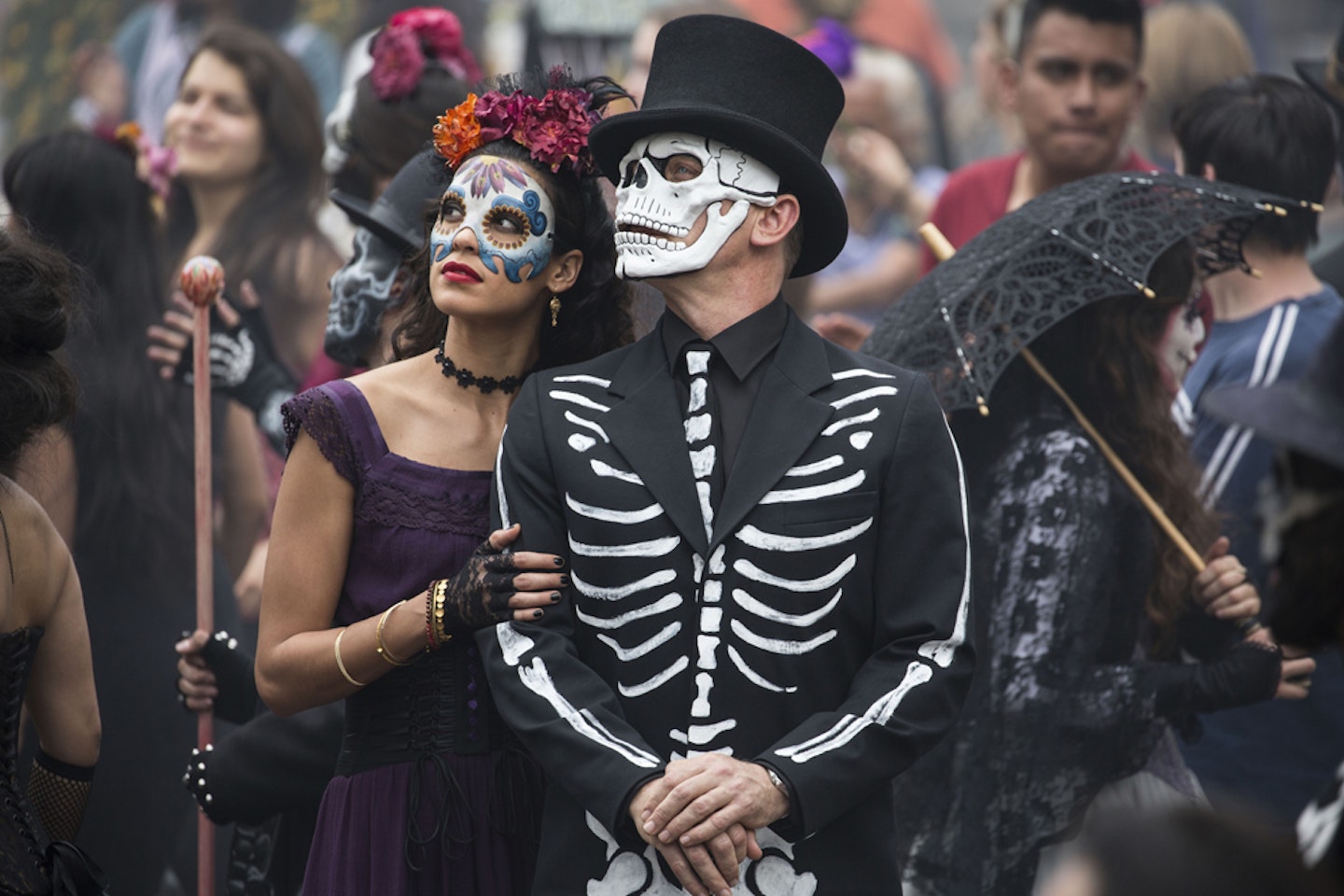
Skyfall was a knowing victory lap for the series, but also told a different type of story and spent its last half taking Bond home — to his grim childhood house but also, with Ralph Fiennes as a new M and Naomie Harris sitting at Miss Moneypenny’s desk, to the sit-com-like status quo circa Dr. No. This means Spectre has to play by the established rules rather than break or radically overhaul them. There’s an unhelpful hangover from the ‘personal story’ angle in a contrived backstory that links Bond’s unhappy childhood with the creation of Spectre — as if subverting worldwide democracy and massive terrorist attacks weren’t evil enough to annoy the hero.
Other elements are too rote — the tentacular title sequence is cool but the song is a dud; Dave Bautista’s Oddjob-like silent, smirking thug, Mr. Hinx, is a formidable opponent in a From Russia With Love fight-on-a-train, but is otherwise a formula goon; Léa Seydoux works wonders with thin material as one of the more passive Bond girls (her job is to be imperiled and rescued) and Monica Bellucci is in and out with little chance to show her fire. A couple of the car chases — through weirdly depopulated nighttime cities — are oddly frictionless, and the one major gadget turns out to be a get-out-of-certain-death-free card on a par with Bond’s silliest habits.
Skyfall was a knowing victory lap for the series, but also told a different type of story.
Even if this is less satisfying overall than Skyfall, there are sequences that rank with Bond’s best. The pre-credits set piece, with a skull-masked Bond in Mexico City during the Day of the Dead, opens with a Touch Of Evil-style tracking shot that’s a stunner (Daniel Craig just walking briskly across precarious rooftops with style is a thrilling spectacle) and delivers a definitive struggle-inside-an-out-of-control-helicopter climax most films would save for a finale. After such things have been out of fashion for a while, it’s great to see Spectre back in business — with an evil business meeting in Rome and a spectacular desert lair in Tunisia, inhabited by a mercurially nasty, whimsical, overconfident chairman (Christoph Waltz) who wipes the taint of Dr. Evil away from the part and matches the amusing menace of Donald Pleasence or Gert Frobe.
Craig had a less tough job at the start than Fiennes does here, taking over from perhaps the most-beloved M in the series (Judi Dench) and entering the superspy arena without reminding you that he was in the Avengers film we don’t talk about. With his own subplot, clashing with a slick new spymaster (Andrew Scott) whose wrong’un status is affirmed when it’s mentioned he was “at school with the Home Secretary”, Fiennes is so convincing in and out of the action that his M could probably carry a series on his own. If this is to be Craig’s last bow as 007 (the credits at least promise James Bond will return), he’ll be remembered as the man who brought Ian Fleming’s grit back to one of the great British film franchises.
